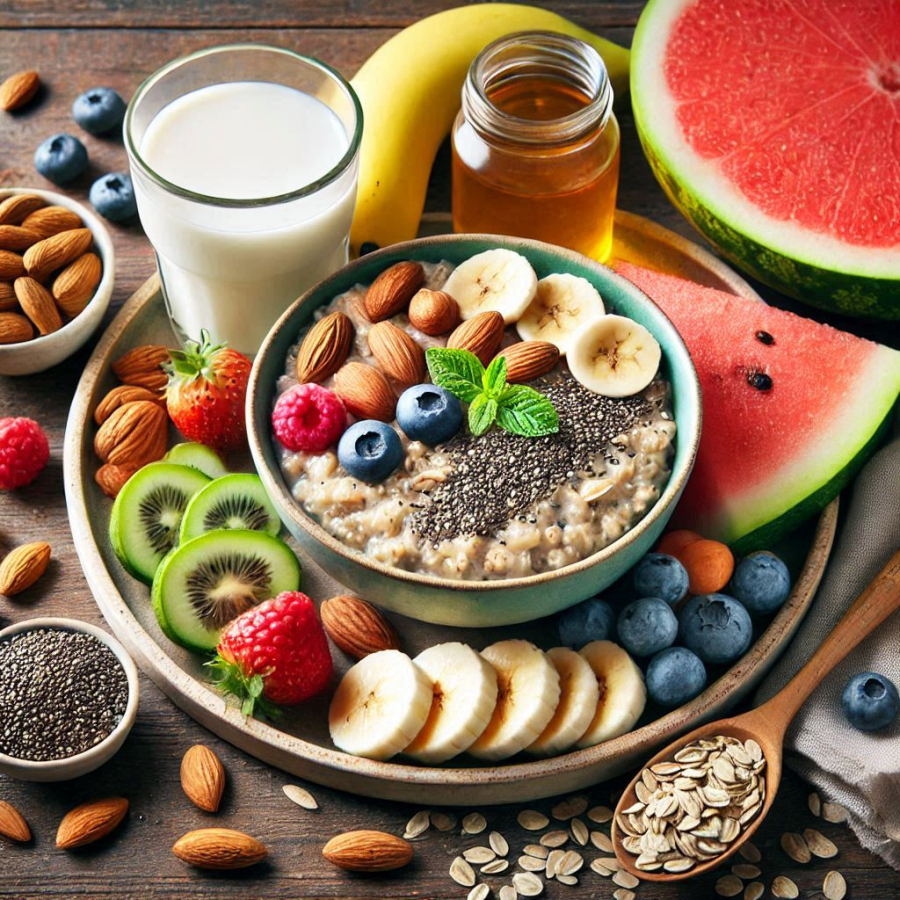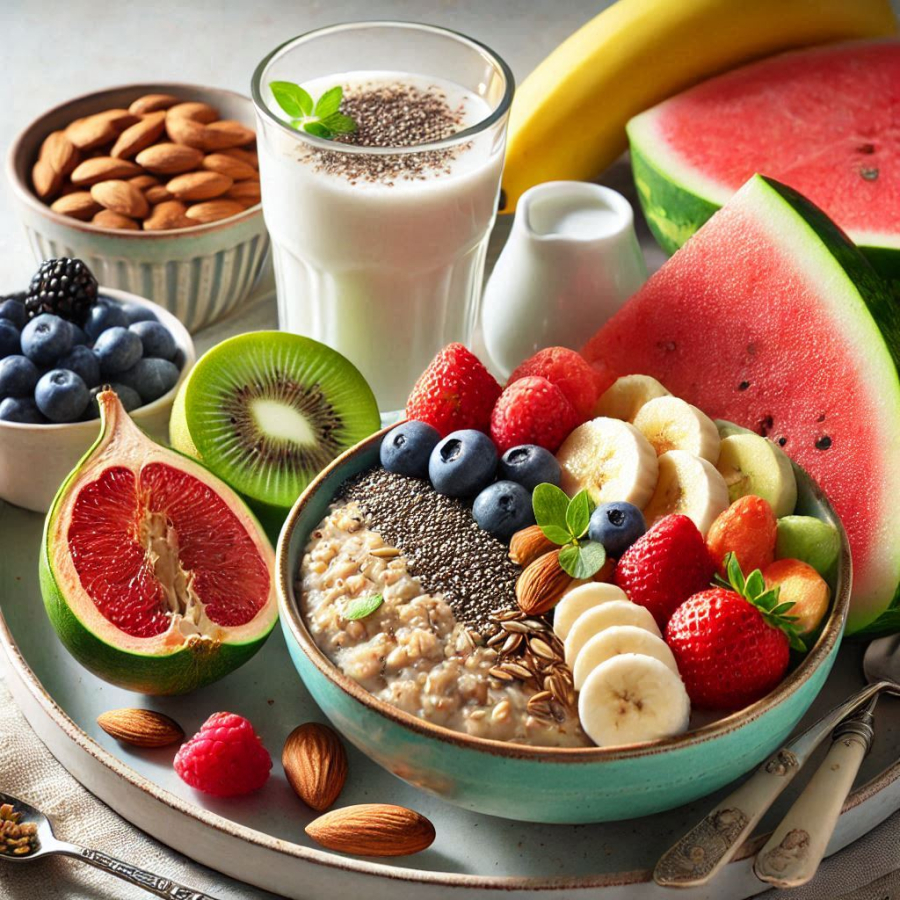According to SciTech Daily, a research team at the Hospital del Mar Institute of Research analyzed data from 383 volunteers to examine the individual effects of breakfast on health.
The results, published in the Journal of Nutrition, Health, and Aging, suggest that an ideal breakfast should provide approximately 20-30% of the total daily caloric intake.
With this type of breakfast, you can expect a reduction in body mass index (BMI) by 2-3.5% compared to those with an unbalanced breakfast. Additionally, it helps reduce waist circumference by 2-4%, lowers triglyceride levels by 9-18%, and increases good HDL cholesterol by 4-8.5%.

An ideal breakfast should provide approximately 20-30% of the total daily caloric intake.
Dyslipidemia, or high blood fat, is characterized by elevated total cholesterol, bad LDL cholesterol, and triglyceride levels, coupled with low good HDL cholesterol. Thus, a breakfast providing 20-30% of daily calories effectively combats dyslipidemia.
Furthermore, when your breakfast is nutritionally balanced, with a sensible mix of protein, healthy fats, fiber, calcium, and iron, your waist circumference can decrease by up to 1.5%, triglycerides can lower by 4%, and good HDL cholesterol can increase by an additional 3%.

A nutritionally balanced breakfast can lead to a reduction in waist circumference and improvements in triglyceride and HDL cholesterol levels.
If you can ensure both the quantity of calories and the quality of your breakfast, the positive effects will accumulate, significantly contributing to the prevention of cardiovascular diseases.
This is because a large waist circumference and abnormal blood fat levels are common precursors to severe cardiovascular issues, including atherosclerosis, stroke, and heart attacks.
“Promoting a healthy breakfast habit can contribute to healthy aging by reducing the risk of metabolic syndrome and associated chronic diseases, thereby improving the quality of life,” the authors concluded.



































